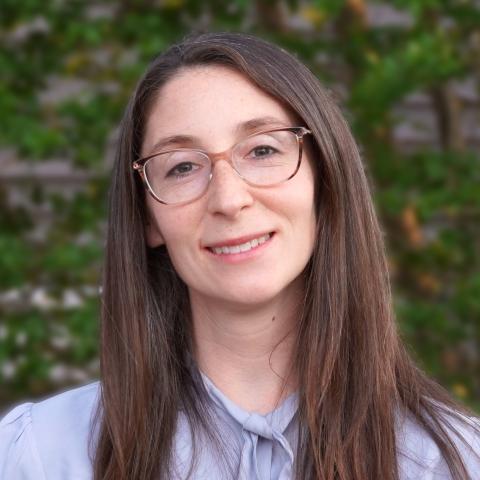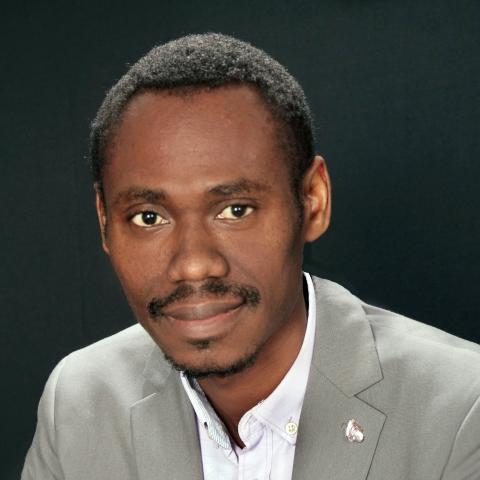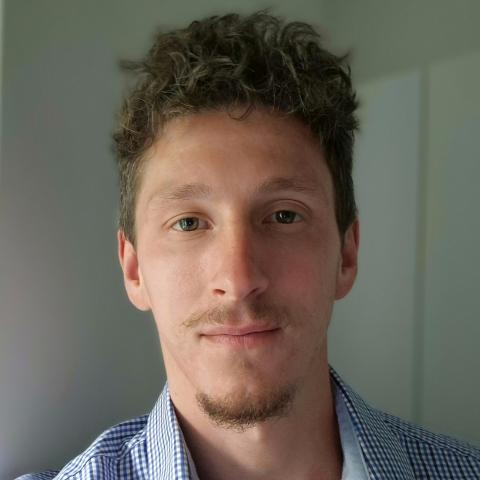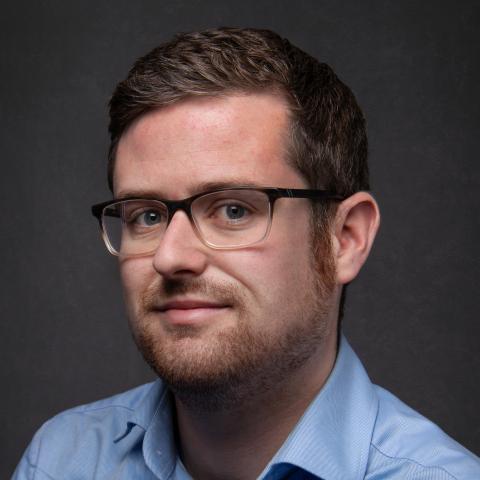Stephan Nicoleau: The business case for curbing methane
Reducing methane emitted by agriculture, fossil fuels, and landfills is one of the most important and effective actions we can take to stabilize Earth’s climate.
Reducing methane emitted by agriculture, fossil fuels, and landfills is one of the most important and effective actions we can take to stabilize Earth’s climate.


Recently, the new United States and Chinese climate envoys, John Podesta and Liu Zhenmin, met for the first time. The meeting came amid expectations that the Biden administration would increase tariffs on Chinese goods such as EVs, solar equipment, batteries, and critical minerals.


Stephen D. Agyeman, Ph.D., is a researcher, writer, and policy advocate with expertise in electricity and industrial sector decarbonization. His research focuses on low-carbon fuels, clean technologies innovation, energy economics, and policy regulation. He earned his doctorate in energy economics and management from Xiamen University, where he studied (de)regulation’s contribution to advancing negative emission technology in Africa. Stephen's career has spanned the electric power sector, academia, think tanks, and international development with Genser Energy Ghana, the World Bank Group, the University of Strathclyde, and more. At Project Drawdown, he is focusing on the electricity and transport sectors.


Sarah Gleeson, Ph.D., is a materials scientist with expertise in plastics, carbon removal, and science communication. She earned her doctorate from Drexel University in Philadelphia, where she wrote her thesis on designing a nanoscale synthetic bone composite. Previously, Sarah was a scientist at Running Tide studying ocean carbon removal and a postdoc at Lawrence Berkeley National Lab researching surfactants at liquid interfaces. Her research interests include systems-level decarbonization, waste mitigation, and global materials circularity. At Project Drawdown, she is analyzing the impact of emissions reductions in the industrial sector and the techno-economic potential of engineered carbon sinks. She also supervises research fellows assessing solutions in the Electricity, Industry, Buildings, Transportation, Other Energy, and Industrial Carbon Removal sectors.


Jason Lam holds a bachelor’s degree in biosystems engineering with an environmental specialization from the University of Manitoba and a master of engineering leadership in clean energy engineering from the University of British Columbia. He previously worked in the nonprofit sector with the Pembina Institute, where he conducted analysis on Canada’s liquefied natural gas sector, and has experience in the engineering consulting sector in both Manitoba and British Columbia with downstream oil and gas clients. His work with Project Drawdown focuses on the buildings, electricity, and industry sectors.


Eric Wilczynski is an energy professional with an interdisciplinary career spanning from analyst and operations roles in the North American power and demand response industries to research positions in European climate think tanks and research centers. His main research interests are related to energy flexibility, demand response, and decarbonizing the heating and cooling sectors. In addition to working on European research projects and operating virtual power plants, he is completing his Ph.D studies with Utrecht University and the University of Geneva. Eric’s work with Project Drawdown focuses on the electricity and buildings sectors.


Cameron Roberts, Ph.D., is an interdisciplinary social scientist who specializes in studying low-carbon technologies in their full social context. He is particularly skilled at using insights from the past to understand how low-carbon innovations might have a greater impact in the future. Cameron earned his Ph.D. from the University of Manchester in socio-technical transitions theory. He has studied low-carbon solutions in transportation, electricity generation, space heating, agriculture, and heavy industry and developed a methodology to use historical insights to inform assessments of the future potential of geoengineering technologies. His work for Project Drawdown focuses on low-carbon transportation.
Join the 85,000+ subscribers discovering how to drive meaningful climate action around the world! Every other week, you'll get expert insights, cutting-edge research, and inspiring stories.